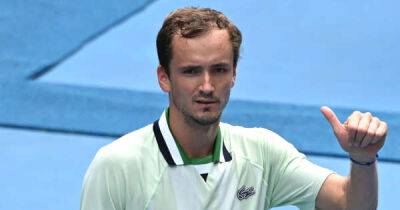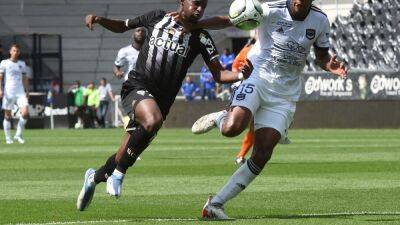Everest Marathon the pinnacle of challenges for 65yo Peter Counsell
The Everest Marathon, Peter Counsell can admit, is «absolutely insane».
«Harebrained, mad. That probably sums it up,» he said.
Nonetheless, the 65-year-old from Batemans Bay on the New South Wales South Coast will board a plane next month as one of about 50 people from across the world taking up the 42-kilometre challenge.
If other years are anything to go by, it is likely only 80 per cent of those who enter will even make it to the starting line at Mount Everest base camp.
«It takes about 10 or 11 days of trekking just to get to the start so just getting there is an achievement,» Mr Counsell said.
«The last time it ran a guy broke his shoulder, another got altitude sickness, a couple had to be lifted out by helicopter.
»They do give us a medal if we make it, so that's nice. Straight to the pool room."
The Everest Marathon is considered one of the toughest races in the world, with a starting point at 5,364 metres above sea level.
Runners pick their way down through the Sherpa trails of the Khumba Valley dodging yaks making their way up the narrow paths and fighting a mental battle against fatigue and low oxygen levels.
In its 19th year, the race will commemorate the first recorded ascent of Mt Everest by Tenzing Norgay Sherpa and Sir Edmund Hillary in 1953.
«My only goal is to beat a Nepali porter who carry 20 or 30 kilograms on their back,» Mr Counsell said.
«If I can achieve that, I'll be very happy.»
Typically it takes runners double the time they would normally complete a marathon.
Deepak Rai, a Nepali runner, holds the course record of 3 hours and 28 minutes, while Antoine Bonfils from France holds the fastest time for a non-Nepali runner in 4 hours and 50 minutes.
No one has ever beaten a Nepali on the Everest run.
Mr Counsell






